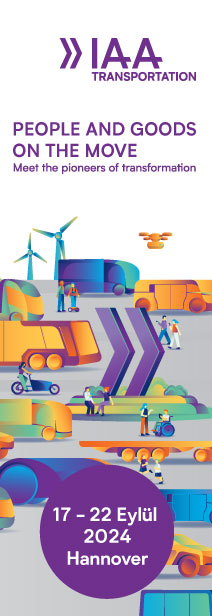National Express Where hydrogen is fuelling change

By September this year, the “product testing” phase of the fleet’s initial operation is expected to be complete, and the vehicles will enter full service.
That shift to new vehicle technology means significant change not just for the decarbonisation of National Express’s bus operations, but also for the training of its staff and even the entire bus sector.
Overcoming challenges
At the time of their acquisition, the StreetDeck Hydroliners were notable as the only hydrogen-fuelled buses operating in England outside London. They form part of a large development being pioneered by Transport for West Midlands which will see Birmingham, Walsall and Solihull connected via the Sprint priority corridor, and – subject to funding – are to be joined by a further 124 such vehicles to create a total of 144 hydrogen fuel cell-electric vehicles in the city – one of the largest such fleets in Europe.
NXWM is hopeful to be successful in the rest of the funding bid. After all, it is currently leading from the front with its pledge to become zero-emission – 2030 for bus and 2035 for coach – and has the advantage of having already overcome one of the biggest barriers to entry when it comes to hydrogen fuel cell-electric vehicles: The infrastructure.
Head of Zero Emissions at National Express Vic Duddy explains that the introduction of the current 20 Hydroliners into Birmingham has already required an investment just shy of £1 million. Refuelling takes place in Tyseley and the buses run on route 51 between Walsall and Birmingham High Street. In order for full service to be achieved in September, testing and commissioning of the fuelling system in partnership with fuel supplier ITM Power must be completed.
That is a lengthy process, as Training Manager Lee Sandford explains: “It’s not like refuelling petrol or diesel. You have to look at pressure and flow rate for hydrogen gas, tank temperatures. There’s a lot that goes into it.”
There have been learnings. For example, NXWM discovered that the fuelling process can be expedited through the installation of a much faster infra-red monitoring system to the tanks. That was not an original requirement and is now being retrofitted. It means refuelling – which typically builds steadily until it peaks at 350bar – can begin at 250bar and hits 350bar much faster.
Perhaps most importantly is the matter of fuel transport. Key is to have fuel on site, or near site, according to Vic. To that end, NXWM is already exploring options.
Staff transformation
That flexibility in training will serve the “transformation project” aiming to move staff at NXWM away from the traditional demarcated roles of mechanic, electrician, and bodybuilder, to those of multiskilled technicians in line with the approach adopted in the HGV and light vehicle sectors.
Lee expresses his frustration that those sectors have had technicians in multi-skilled roles for several decades in some cases, and that the coach and bus sector needs to follow suit.
Lee even hopes National Express can lead the way in moving the entire bus industry in that direction.
“We’re going through a development pathway at the moment to move people into a multi-skilling area. We’re very aware that, over the last few years, our apprentices have been qualified as multi-skilled technicians – but when they finish, they move into a single skilled role. We’re losing out on some of the abilities they’ve gained.
“There’s an attraction piece as well, from other industries, for people looking to move into a multi-skilled role but can’t get that in coach and bus because it doesn’t tend to exist.”
That development pathway was launched in August and NXWM is inviting people to apply for technician roles. “That will change significantly the way the depot operates, with people being able to complete more than one type of task, but tasks that are within their skillset and competence level,” adds Lee. “For those that don’t have those levels we now have a comprehensive training package to level them up.”
And those training packages are tiered until staff can be as highly qualified and as skilled as possible. That could be essential – after all, with a pledge of 2030 to become a fully zero-emission bus fleet, and 2035 for coach, the deadline to give staff the skills they need is fast approaching.
 .
.










